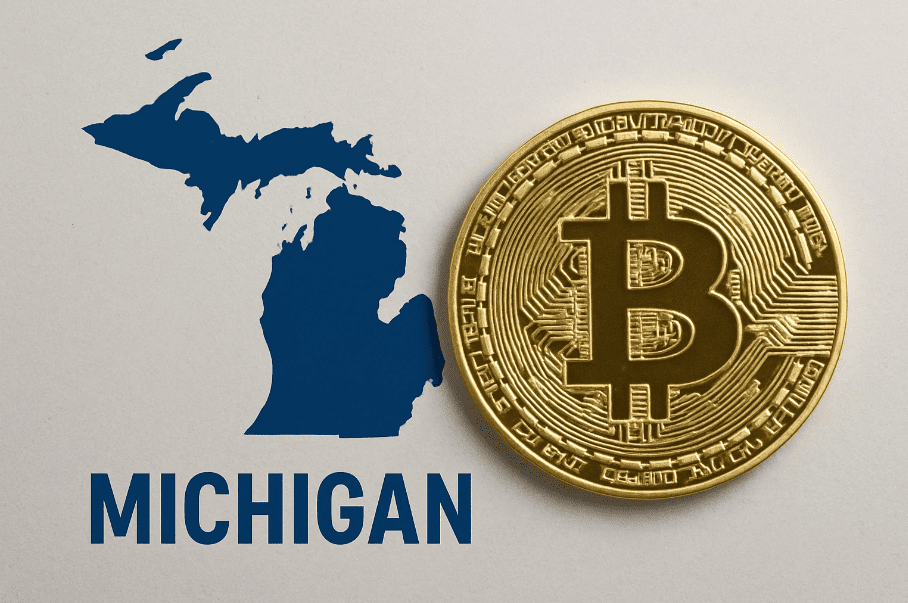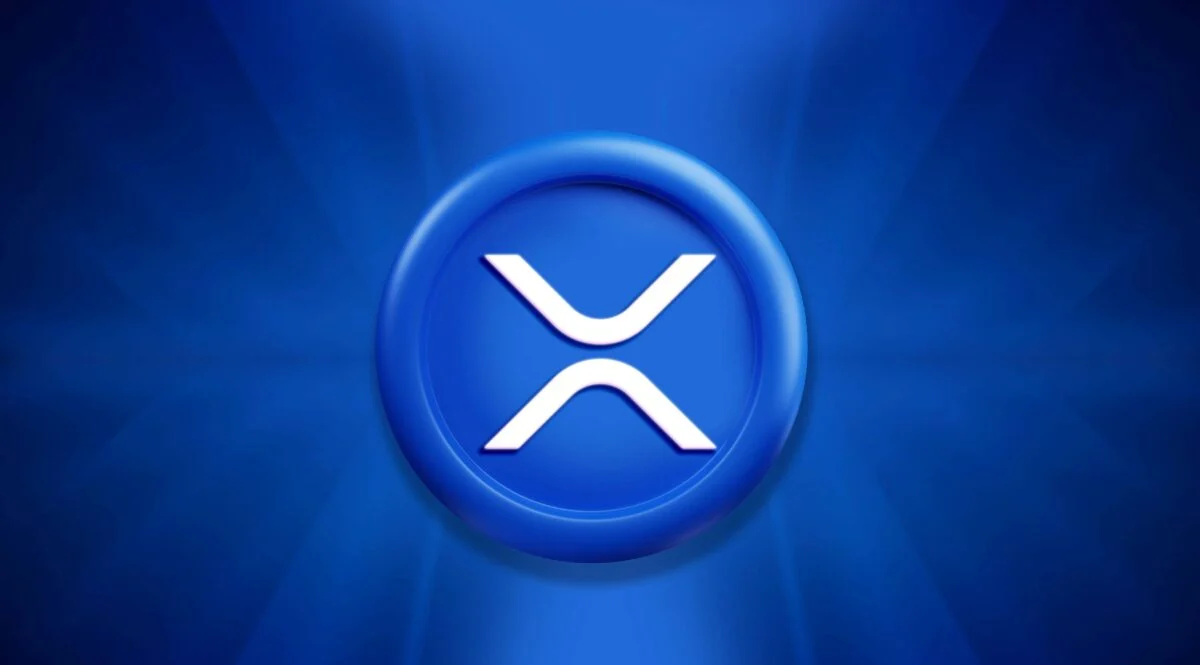This is a segment from The Breakdown newsletter. To read more editions, subscribe
Ten months ago, FBI agents raided Shayne Coplan’s Manhattan apartment, ostensibly in search of evidence that the prediction market he founded, Polymarket, had illegally allowed US residents to place bets on the US election.
Two weeks ago, the CFTC gave Polymarket the green light to allow those very same US residents to place bets on whatever they like.
This is quite the turn of events — and it’s not just about elections or politics.
With its US government seal of approval in hand, Polymarket is reportedly raising capital at a valuation of $9 billion — a reflection of the growing belief that prediction markets will be used for much more than betting on elections once every four years.
Instead, proponents say prediction markets can provide a real service to the world by providing it with better information about nearly everything.
I think they might, too — but only if insiders are free to participate.
Yesterday, for example, Polymarket announced new betting markets on company earnings reports, with a promise that it would improve the information that investors have to work with.
Instead of waiting three months to find out how a company is faring, investors could simply watch the odds on Polymarket.
If the probability of an earnings beat is rising, for example, investors would know at a glance that things are going well.
But that will only happen if enough of the people betting actually know how things are going.
Relying on the wisdom of crowds to magically discern how a business is doing won’t add much incremental knowledge to the world; everyone’s guesses are unlikely to average out to the truth.
If company insiders were allowed to bet, however, prediction-market odds would offer a real-time barometer of a company’s fortunes.
This would be an excellent replacement for quarterly earnings reports if President Trump decides to ban them.
In some ways, it might even be an improvement: Why incur the trouble and expense of updating investors so frequently when investors can get the basic idea from a chart on Polymarket?
Ideally, you’d want people at all levels of the company participating.
Early in a reporting period, warehouse managers might have the best idea of how sales are going, and their bets would share that anecdotal information with the market.
Late in the reporting period, the finance department would start to know what the earnings number will be, and their bets would share that more precise information with the market.
If that sounds like insider trading to you, that’s because it is.
But that’s no reason to disallow it: Insider trading is the kind of victimless crime that’s not worth policing.
In fact, non-insiders should not feel victimized at all. If you’re wrong, you’d rather sell to someone who knows you’re wrong, because they’ll give you a better price for your bet and you’ll lose less money.
“Lose less money” is admittedly not much of a selling point, but prediction markets are a zero-sum game (at best), so someone has to lose.
Losing is the cost of getting better information.
In Wall Street, Gordon Gekko got new information by presenting Bud Fox with a check over lunch.
“Astonish me, pal,” he instructed Fox. “New info. I don’t care where or how you get it, just get it.”
Fox did get it, and Gekko then shared his new information with the world by betting on it.
You probably agree with both moviegoers and lawmakers that this seems unfair. It’s hard to sympathize with Michael Douglas as a hedge fund manager with slicked-back hair.
But why would anyone do the hard work of digging up new information for free?
At their best, prediction markets are a way of paying people to dig up new information.
In the last presidential election, for example, prediction markets incentivized an anonymous Polymarket bettor to put their own poll in the field and then share that information with the world by betting on Trump to win.
More recently, Blockworks reported that the Polymarket odds of Ethena winning the USDH ticker on Hyperliquid collapsed “after validators dismissed its chances behind closed doors.”
This is precisely how prediction markets are meant to work: Polymarket incentivized someone to go get better information — otherwise hidden “behind closed doors” — and then share that information with the world by betting on it.
Unfortunately, doing the same with quarterly earnings reports will almost certainly be illegal.
In its terms of service, Polymarket prohibits several things that are universally disallowed in financial markets: front-running, wash trading, pre-arranged trading and spoofing.
“Insider trading” is conspicuously absent, however, which is hopeful.
But there’s also a catch-all prohibition against engaging in any activity “that violates Applicable Law.”
In the US, the laws applicable to prediction markets will be made by the CFTC, and the CFTC’s rulebook seems to prohibit insider trading: “Depending on all of the facts and circumstances, trading on the basis of material non-public information in breach of a pre-existing duty…may violate final Rule 180.1.”
That is more permissive than the SEC’s blanket prohibition on any use of material non-public information, so it might leave scope for the CFTC to allow insiders to participate in prediction markets.
But I’m not hopeful: Every employee of an exchange-listed company has a “pre-existing duty” not to share their inside information with markets.
This is understandable as a rule designed for stock markets, where it’s important to maintain a sense of fairness.
If people think the stock market is rigged, they’ll be less inclined to invest, and companies will have a harder time raising capital.
But what’s the harm in letting insiders share their information with prediction markets?
No one’s betting their 401k money on Polymarket, so there’s no harm in people thinking that the odds are stacked against them.
(Nor will it stop people from participating. Everyone knows the odds are against them in sports betting, but they keep betting on sports.)
If anything, allowing insiders to trade in prediction markets would make stock markets more fair by disseminating information to everyone at the same time.
Without insiders, we’ll learn how uninformed people think a company is doing, which isn’t very helpful.
With insiders, we’ll learn how informed people know a company is doing, which is.
The purpose of prediction markets is to provide better information to the world, and the best information comes from insiders, so they should be encouraged to participate — even if that means we have to pay them.
“It’s all about bucks,” Gordon Gekko explained to Bud Fox.
“The rest is conversation.”
Get the news in your inbox. Explore Blockworks newsletters:
Source: https://blockworks.co/news/insider-trading-polymarket


